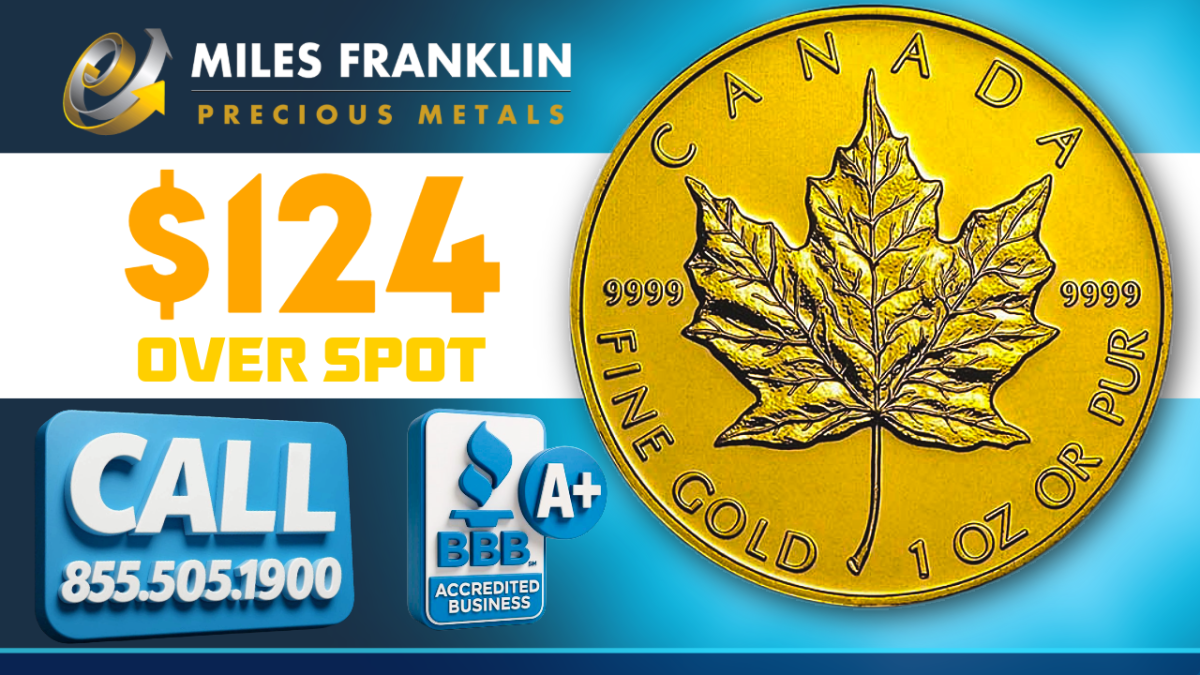VANCOUVER, British Columbia, Nov. 19, 2018 (GLOBE NEWSWIRE) — Novo Resources Corp. (“Novo” or the “Company”) (TSX-V: NVO; OTCQX: NSRPF) is pleased to discuss positive initial results from mechanical rock sorting tests being undertaken by TOMRA Sorting Pty. Ltd., Castle Hill, New South Wales (“TOMRA”). TOMRA is the foremost mechanical rock sorting company in the mining industry.
TOMRA Mechanical Sorting Test Highlights:
Four, +5 tonne bulk samples from Comet Well, three from the Upper Cannonball Conglomerate and one from the Lower Cannonball Conglomerate, have undergone successful sorting (Figure 1; https://youtu.be/ljMtA1cKNts)
- Each sample was crushed and screened yielding sub-fractions of 63-100 mm, 25-63 mm, 10-25 mm and less than 10 mm. Testing was undertaken on each size fraction except for the sub-10 mm size fraction. Mechanical sorting employed a combination of X-Ray transmission (“XRT”) and electromagnetic induction (“EM”). XRT identifies rocks containing particles of high atomic mass such as gold and EM identifies rocks that become electrically charged due to the presence of metallic particles in a manner similar to the operation of a metal detector.
- Sorting of material between 10-63 mm resulted in a remarkably low mass pull of approximately 0.3% (Figure 2). Visual and X-Ray examination of concentrate indicates gold nuggets are present (Figure 3). This data, although preliminary, suggests there is good potential for employment of mechanical sorting to upgrade gold content for analytical purposes and possibly commercial applications. Novo thinks mechanical sorting could become an important component of future advancement of the Karratha and Egina gold projects.
- With this tranche of mechanical sorting tests now complete, assays will be performed on all fractions of concentrates and rejects to ascertain overall efficiency of sorting. Full results of this study are expected early next year.
- Rocks larger that 63 mm were found to be too thick for X-Rays to adequately penetrate making particulate gold obscured from detection. Therefore, crushing of large rock pieces to less than 63 mm is required for effective mechanical sorting. The sub-10 mm fraction comprises approximately 35% of the overall mass of each sample. TOMRA believes there is opportunity to further screen material down to approximately 6 mm before employing mechanical sorting, thus maximizing the overall percentage of material that can be sorted.
“Mechanical rock sorting tests with TOMRA have yielded very encouraging results,” commented Rob Humphryson, CEO and director of Novo Resources Corp. “Although full assays are needed from all respective concentrate and reject fractions, the very low mass pull achieved by the TOMRA mechanical sorter bodes well for efficient concentration of gold. The highly nuggety mineralization at Karratha has proven to be a challenge with respect to assaying, but it may prove to be a benefit with respect to metallurgical recovery of gold. We see additional value being created by the use of mechanical sorting at Karratha, Egina and perhaps other Novo gold projects in the Pilbara.”
Dr. Quinton Hennigh, P. Geo., the Company’s President and Chairman and a qualified person as defined by National Instrument 43-101, has approved the geological content of this news release.
About Novo Resources Corp.
Novo’s focus is to explore and develop gold projects in the Pilbara region of Western Australia, and Novo has built up a significant land package covering approximately 12,000 sq km with varying ownership interests. For more information, please contact Leo Karabelas at (416) 543-3120 or e-mail leo@novoresources.com
On Behalf of the Board of Directors,
Novo Resources Corp.
“Quinton Hennigh”
Quinton Hennigh
President and Chairman
Neither TSX Venture Exchange nor its Regulation Services Provider (as that term is defined in the policies of the TSX Venture Exchange) accepts responsibility for the adequacy or accuracy of this news release.
Forward-looking information
Some statements in this news release contain forward-looking information (within the meaning of Canadian securities legislation) including, without limitation, statements as to planned exploration activities and the expected timing of the receipt of results. These statements address future events and conditions and, as such, involve known and unknown risks, uncertainties and other factors which may cause the actual results, performance or achievements to be materially different from any future results, performance or achievements expressed or implied by the statements. Such factors include, without limitation, customary risks of the mineral resource industry as well as the performance of services by third parties.
(Figure 1 – TOMRA mechanical ore sorter at TOMRA Sorting Pty. Ltd.’s Castle Hill, New South Wales testing laboratory. This sorter employs XRT to identify rocks containing particles of high atomic mass such as gold and electromagnetic induction EM to identify rocks with a propensity to become electrically charged due, occasionally, to the presence of metallic particles.)
(Figure 2 – Left, looking down on the conveyor discharge from the TOMRA ore sorter. The conveyor on the left is reject material and that on the right carries a very small fraction of concentrate. Right, discharge bins, concentrate in the foreground and reject in the background.)
(Figure 3 – Left, pieces of concentrate with exposed gold nuggets. Right, X-Ray image of concentrate with red arrows pointing to dense particles of matter, black, embedded in rock.)
(Video 1 – Video of the sorting chamber within the TOMRA mechanical sorter. Comet Well material is being sorted. XRT and EM scanners examine rock before it enters the chamber on the right. A computer tracks each rock particle, and those deemed to be of interest are jetted by air into the shoot on the left hand side.)
PDFs accompanying this announcement are available at:
http://resource.globenewswire.com/Resource/Download/95350226-871d-467f-9d4a-61c4462b9463





